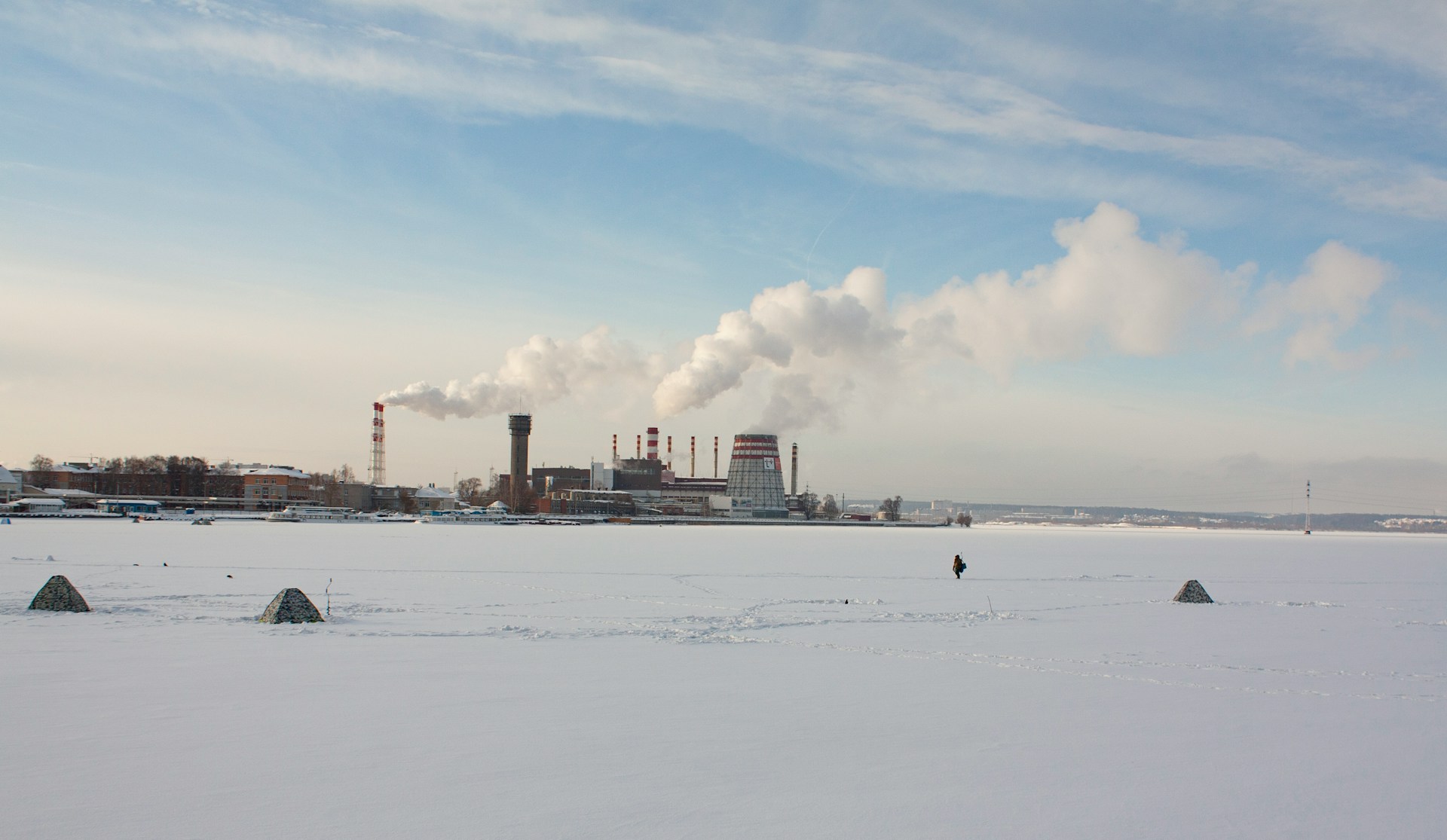Industrial processes often involve transporting liquids, gases, or chemicals that are sensitive to temperature fluctuations. Maintaining precise temperatures throughout production is crucial for efficiency, safety, and product quality.
This is where heated pipelines play a vital role. By providing consistent thermal protection, they ensure smooth operations, minimize interruptions, and help businesses achieve optimal productivity.
Whether you’re dealing with manufacturing, energy production, or even commercial infrastructure like the best roof heating systems, heated pipelines have diverse applications in enhancing industrial heating processes.
This blog explores the most common industrial uses of heated pipelines and why they are indispensable in various settings.
Why Industrial Heating Is Critical
Heating systems in industrial environments do more than just regulate temperatures. They serve as a barrier against equipment wear, prevent freezing, and assist in optimizing energy efficiency.
Poorly managed temperature control can result in clogged pipelines, reduced productivity, and even costly repairs. Thermal protection through heated pipelines is designed to address these challenges head-on.
By maintaining the right temperatures, industries can ensure smooth workflows, save costs, and comply with safety standards. Now, let’s look at specific applications where heated pipes truly shine.
Common Applications of Heated Pipelines
1. Heat Maintenance in Chemical Processing
Chemical plants often deal with volatile and temperature-sensitive substances like oils, acids, liquefied gases, and other chemicals. Any deviation in temperature can affect the material’s chemical properties, leading to waste or reactive hazards.
Heated pipelines are equipped with advanced thermal insulation and robust industrial heating systems to maintain consistent temperatures during transport and processing.
For instance, sulfuric acid requires precise heating to prevent crystallization in pipelines during transportation. By using heated pipes, chemical facilities can not only ensure product integrity but also enhance the safety of their operations.
2. Freeze Protection in Cold Climates
Industries operating in cold regions face the constant challenge of keeping pipelines functional despite freezing temperatures. Freezing can lead to pipe blockages, halted operations, and expensive repair work.
Heated pipes are engineered to prevent freezing, ensuring uninterrupted operation even in extreme weather conditions.
This application is especially important in industries like:
- Oil and gas exploration in Arctic regions.
- Water supply systems for remote construction sites.
- Industrial heating for facilities dependent on water or liquid-based cooling.
3. Food and Beverage Industry
The food and beverage industry relies on controlled temperature processes during manufacturing and distribution.
Heated pipelines allow for the safe transport of liquids such as chocolate, syrups, dairy, and cooking oils. These materials can become thick or solid at room temperature, impacting production efficiency.
For instance, chocolate manufacturing requires maintaining a specific temperature range for the liquid to stay in its optimal, flowable state. Heated pipelines ensure the material remains easy to transport across different stages of production while preserving its quality.
4. Transportation of Heavy Oils and Bitumen
Heavy oils and bitumen have high viscosity levels, making them difficult to flow in their natural state. Industrial heating systems integrated with heated pipelines ensure that these materials remain pumpable by maintaining elevated temperatures.
This application is particularly prominent in:
- Oil refineries.
- Asphalt manufacturing for road construction.
- Petrochemical plants.
Proper thermal protection prevents blockages, reduces downtime, and ensures energy-efficient transport for highly viscous materials.
5. Pharmaceutical Industry
Precision is everything in pharmaceutical production. Heated pipelines offer thermal uniformity crucial for transporting liquids, gels, and other medical chemicals. Products like vaccines often require strict thermal regulations during storage and transfer to maintain their efficacy.
Additionally, pharmaceutical plants use heated piping systems to sterilize equipment, ensuring that hygienic standards are consistently met. The combination of thermal protection and cleanliness makes heated pipelines a valuable asset in this field.
6. Roof Heating and Snow Melting Solutions
While many people associate heated pipelines with large-scale industrial applications, they also serve smaller yet vital purposes in infrastructure, such as roof heating systems.
Heated pipes are used in roof heating to prevent the buildup of snow and ice, which can lead to structural damage or safety hazards.
For instance, warehouses, factories, and commercial buildings in snowy regions often incorporate heated pipes under walkways or roofs to keep these areas safe and functional.
Combining this system with other industrial heating applications allows businesses to maximize energy efficiency and reduce maintenance costs.
Benefits of Heated Pipelines Across Industries
Enhanced Operation Efficiency
By maintaining consistent temperatures, heated pipelines prevent material degradation, minimizing downtime and ensuring smoother operations across various industries.
Improved Safety Standards
Pipe freezing or accidental temperature changes can lead to dangerous situations, especially when dealing with hazardous materials. Heated pipelines provide peace of mind with reliable thermal protection.
Cost-Effectiveness
Though the upfront installation costs may be high, heated pipelines save businesses significant amounts by reducing maintenance costs, minimizing waste, and optimizing energy consumption.
Eco-Friendly Options
Modern systems integrate energy-efficient technology and materials, making them sustainable options for companies looking to reduce their environmental impact.
How to Choose the Best Heated Pipeline System for Your Needs
Investing in the right heated pipeline system depends on your industry requirements and operational goals. Here are some pointers to help you make the right choice:
- Understand Your Thermal Needs: Determine the temperature range your materials require and select a system with adequate thermal protection capabilities.
- Consider Energy Savings: Look for energy-efficient solutions that minimize operational costs.
- Prioritize Durability: Opt for systems with robust insulation and long-term warranties for harsh environmental conditions.
- Consult Experts: Contact professionals who specialize in custom solutions for industrial heating to ensure your needs are fully addressed.
A Future That’s Heated with Innovation
Heated pipelines are no longer a luxury but a necessity across industries. From maintaining chemical stability to optimizing snow-melting roof systems, their applications have continued to expand with technological advancements.
If your industry relies on temperature-sensitive operations, investing in a heated pipeline could be the decisive factor that drives both safety and success.
Need support setting up the best thermal protection for your industrial needs? Start exploring innovative heating solutions today and take your operations to the next level.

